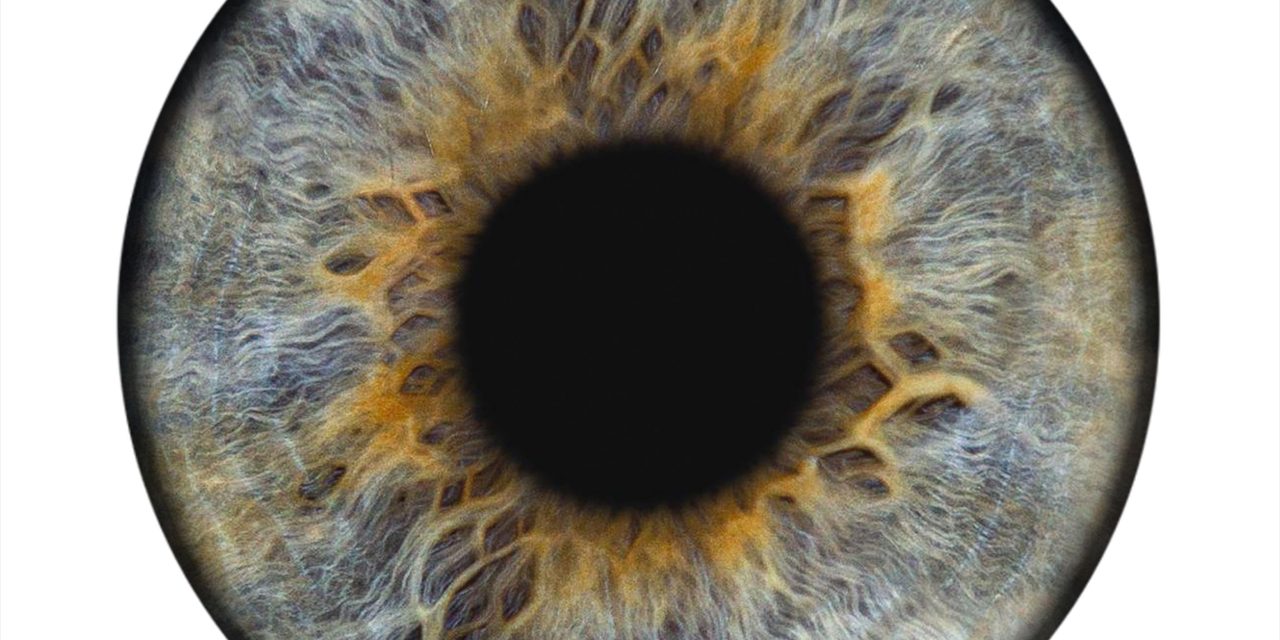The role of glaucoma virtual clinics has developed to help meet demand for capacity within busy glaucoma services. There is limited research of patient and clinician experiences and perceptions of these clinics and the aim of this study is to provide further information to help improve patient experience and guide service delivery.
A mixed methods research design was employed comprising of a patient satisfaction survey, and patient and clinician interviews. Consultant ophthalmologists were recruited from throughout the UK, and patients and data gathering clinical staff recruited from the Manchester Royal Eye Hospital and Bristol Eye Hospital.
We received a total of 148 patient satisfaction questionnaires with an overall response rate of 55.4%. Most respondents were diagnosed with primary open angle glaucoma (33.9%) at Manchester and glaucoma suspect status at Bristol (50.6%). Patients had high levels of confidence in the person conducting the tests (94.8% Manchester, 98.8% Bristol), and most were likely to recommend the service to family or friends (94.8% Manchester, 92.6% Bristol). We interviewed 10 consultant ophthalmologists, 10 data gathering staff and 20 patients. A number of key themes emerged from the transcribed interviews including: patient experience, clinician perception of patient experience, service delivery, staffing and staff experience, and patient safety.
Glaucoma virtual clinics can be acceptable to both clinicians and patients, including those with a varied complexity of glaucoma and glaucoma-related disease. Dissatisfaction seemed to relate to poor communication or processes and systems within the service rather than complexity of disease.
Virtual clinics for glaucoma care – Patients’ and clinicians’ experiences and perceptions: a qualitative evaluation.


